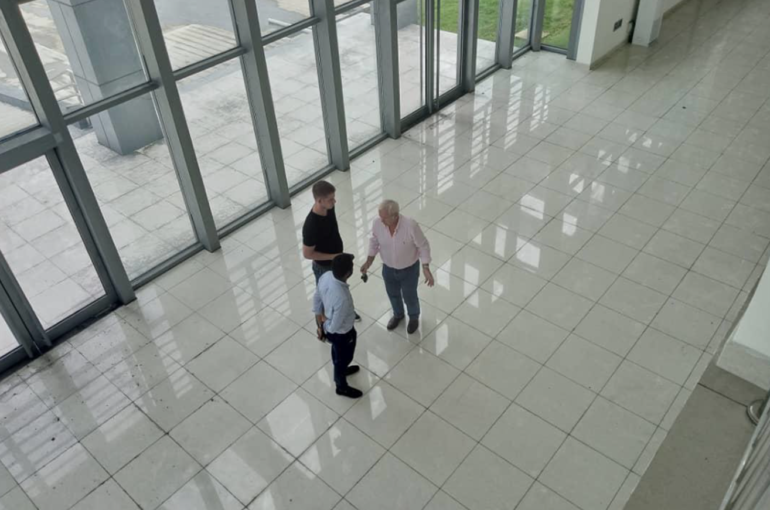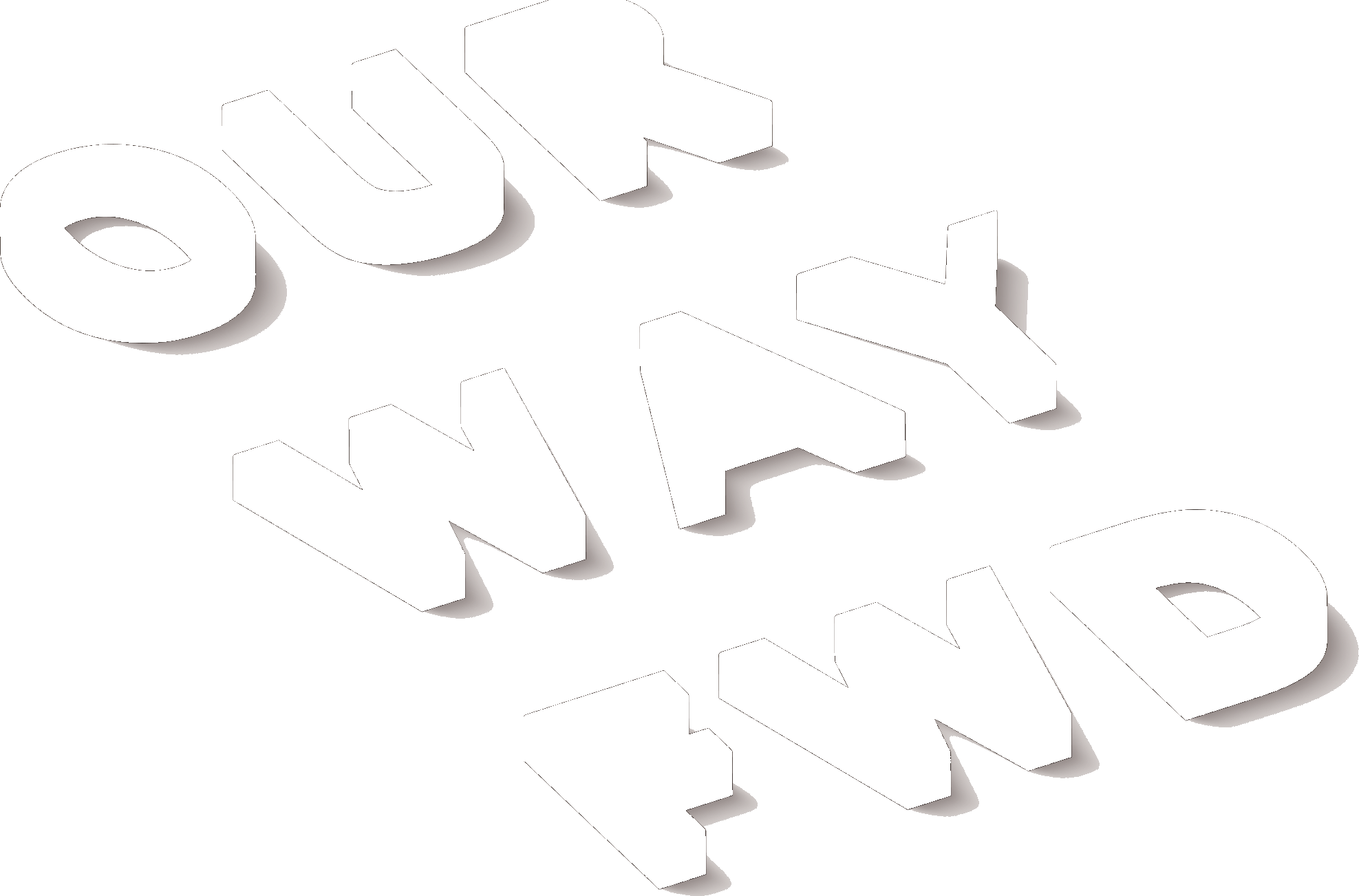Update: Race to the finish
Russia’s aggression towards Ukraine, and the increasingly long-term outlook of the war, has all but committed much of the global economy to levels of uncertainty not seen since the cold war.
The UK, EU and USA’s increasing focus on taming Russia has had severe second and third order consequences for developing markets. And today many African nations find themselves in an uncomfortable foreign policy position.
Much of Africa has some kind of ‘balance it out’ diplomatic relationship with Russia (you can add China and even North Korea to that list). But this too is showing signs of fading, as the generation of Ex-USSR educated professionals and academics (once a mainstay of African universities) age and lose social relevance.
Indeed, if trade is a good indicator of the warmth and proximity nations enjoy with each other, then one can argue that Africa’s relationship with Russia is a romanticised post-independence throw-back – varying across individual countries, of course. But Russia isn’t sitting passively. Far from it.
Putin has been busy re-invigorating Russian relevance on the continent, growing its share of bilateral trade with African nations by as much as 156% between 2009-2019. Russia is also by far the largest weapons systems supplier to African nations.
We have also seen increased activity by notable Russian companies, both private and state-backed. An interesting example is Rosatom – whose advocacy for an African nuclear energy future has caught the attention of many heads of state, including those without the capacity to manage such assets.
Nevertheless, Russia’s presence is still ‘lite’ vis-a-vis many other small European nations, so one struggles to understand how General Kainerugba feels so confident about the continent’s support for Russia.



